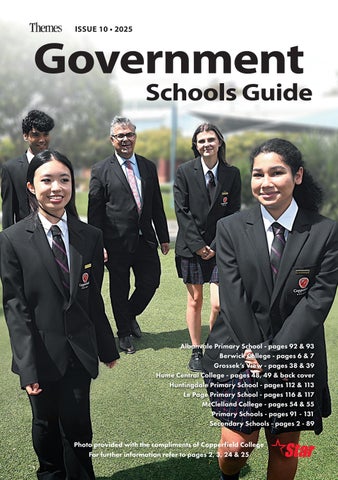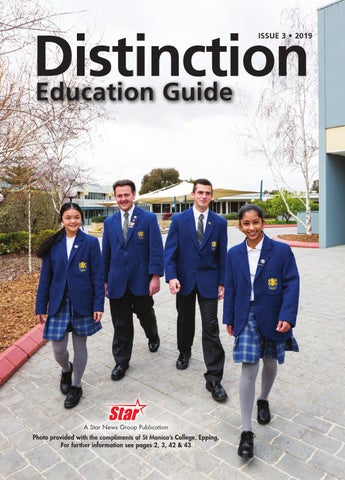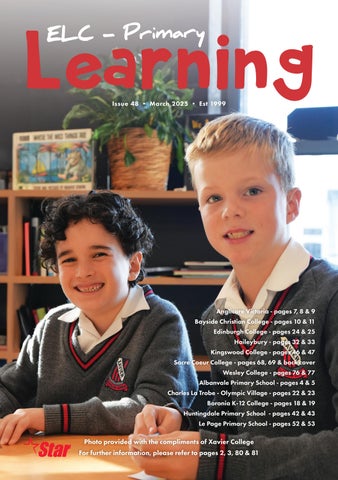Many students, particularly girls, are “switching off” in mathematics in the middle years of schooling and into high school, says a new study.
Together with researchers from the University of Sydney in an Australian Research Council funded study, Dr Rebecca Collie of the University of New South Wales (UNSW) tracked 194 high school students’ engagement in maths over a five year period starting in grade 6 or 7.
In this time, participating students’ aspirations and engagement in maths declined. While boys and girls had the same initial level of aspiration, girls’ aspirations in maths declined more rapidly than boys’.
Within these broad trends, there were ebbs and flows and hints of what might help. “Students at different points along the way are switching on and switching off,” said Dr Collie. In her view, this shows the need for education interventions in mathematics at multiple points in students’ journeys through school.
Dr Collie suggests that interventions should target students’ motivation, since motivational factors such as seeing value in maths and believing in one’s own ability to succeed were strongly linked to more positive trajectories of aspirations and engagement.
One method that may help, said Dr Collie says, is building up students’ sense of control by helping them “see the link between their efforts and their achievement.”
“If disengagement or flagging aspirations are evident, there is a good evidence base for practices that can address this,” she said. “For example, research into learned helplessness and effort withdrawal identifies the importance of promoting greater control in students’ academic lives. Due to chronically low levels of control, students reduce their aspirations and can come to abandon effort.”
Similarly, a growth mindset may be helpful. “A growth mindset refers to the belief that our competence is malleable and that effort can help it grow,” said Dr Collie. “Teaching students that their competence can grow even in the face of challenge and setback in learning is one approach for promoting a growth mindset.”
Participants were drawn from one co-educational and three single-sex girls’ schools. This meant that 80% of participants were girls. Dr Collie said this presented a particular opportunity in this study, given the known reluctance of girls’ to engage in and continue with STEM subjects in senior high school.
Sources:
Rebecca Collie, Andrew Martin, Janette Bobis, Jennifer Way & Judy Anderson. (2018). ‘How Students Switch On and Switch Off in Mathematics: Exploring Patterns and Predictors of (Dis)Engagement Across Middle School and High School’, Educational Psychology.










